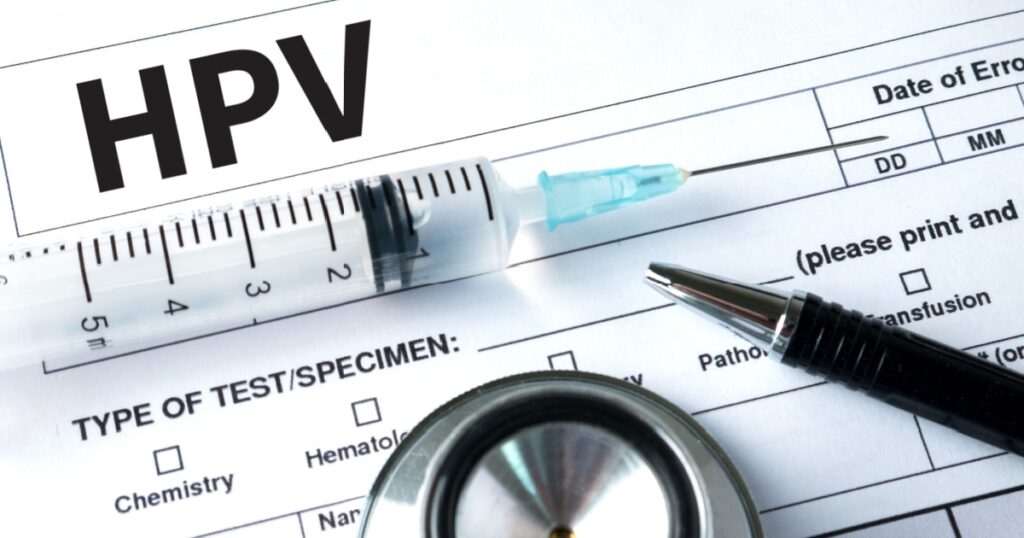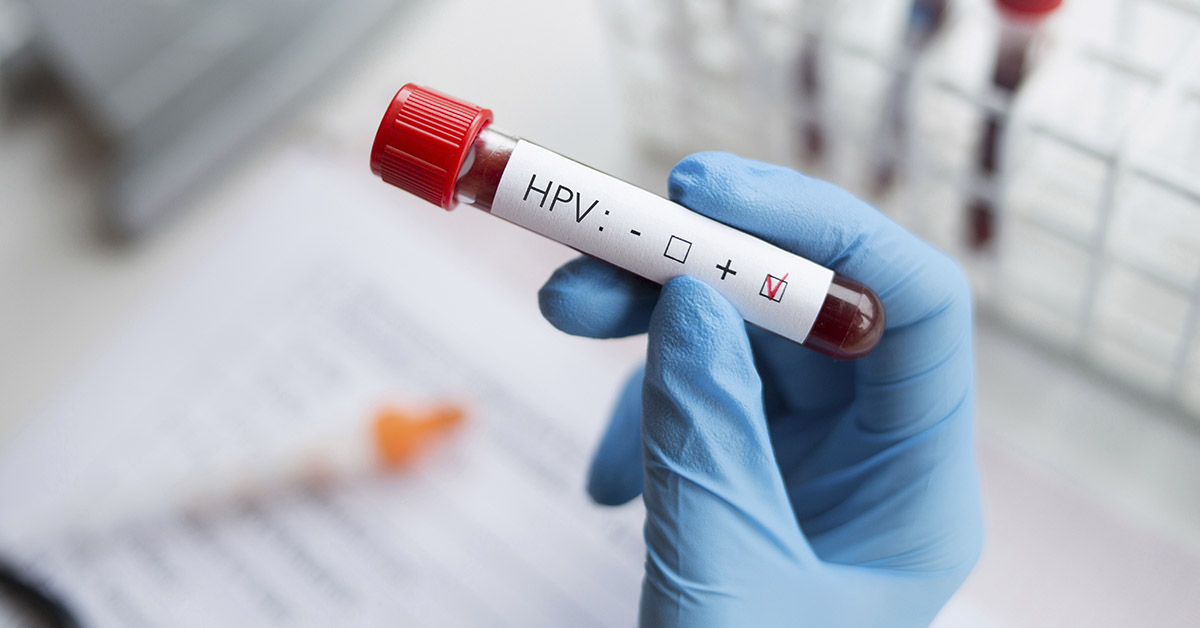We are often advised to practice safe sex using contraceptives, regular testing, and open communication with partners. Many of us know to avoid smoking or vaping as it increases the risk of throat cancer. However, most people do not consider the risk of developing throat cancer from oral sex. It turns out oral sex on women is also a potential cause of cancer.
Michael Douglas’ Story as a Wake-Up Call

In an interview with the Guardian, two-time Oscar winner and actor Michael Douglas revealed he tragically had oral cancer. He blames the cancerous tumor that developed in his throat by giving too much oral sex in his youth. The 68-year-old initially assumed stress from his son’s incarceration was the cause of his cancer.
He later discovered it was caused by a sexually transmitted disease, particularly the human papillomavirus (HPV). Douglas’ openness helped bring awareness to a little-known link between oral sex and throat cancer. A father in his 60’s also recently found out his sexual encounters in his 20’s led to a HPV diagnosis.
What Is Human Papillomavirus (HPV)?

The human papillomavirus (HPV) is one of the most common sexually transmitted infections globally. Over 100 strains exist, with over 40 types affecting the mouth, throat, and genital areas. The virus spreads through intimate skin-to-skin contact during sexual activities, including oral sex with an infected person. Most people will contract HPV at some point in their lives, but most remain asymptomatic and never suffer any consequences.
How Oral Sex Spreads HPV
Cases of oral sex causing cancer are rare; however, it is considered the highest risk factor for oropharyngeal cancer. The virus enters through small cuts or openings in the oral cavity during intimate contact. The oropharynx, which includes the tonsils and base of the tongue, provides an ideal environment for HPV to establish infection.
Dr. Hisham Mehanna, a leading expert in head and neck cancer, explains: “Those with six or more lifetime oral-sex partners are 8.5 times more likely to develop oropharyngeal cancer than those who do not practice oral sex.” About 80% of adults have practiced oral sex at some point in their lives.
The incubation period between initial HPV infection and cancer development can span many years with symptoms appearing far later than initial contact. Research shows a median time of 3.9 years from oral HPV detection to cancer diagnosis.
Why Some People Develop Cancer While Others Don’t
HPV is extremely common, yet it very rarely leads to cancer development. For most people, their immune system identifies and eliminates the virus, taking about 2 years to completely eradicate the virus . However, some individuals have immune system weaknesses that prevent them from clearing the infection. In these cases, HPV can persist for years, increasing the risk of cellular changes that lead to cancer.
HPV 16 specifically accounts for about 90% of HPV-positive throat cancers. The virus can remain dormant for decades before triggering cancer formation. About 7% of Americans aged 14 to 69 have oral HPV, but the vast majority never get cancer. While lifestyle and genetics play a role, the body’s immune response remains the key factor in determining who develops HPV-related throat cancer.
Michael Douglas’ Personal Experience
Michael Douglas revealed to the Guardian that he was battling stage-4 cancer in 2010. Doctors discovered a walnut-sized tumor at the base of his tongue. Douglas was diagnosed with stage IV squamous cell carcinoma of the tongue, an advanced form of throat cancer. The diagnosis shocked him and his family. Initially, doctors suspected his long history of smoking and drinking had caused the cancer. This would be most likely since Douglas had been a heavy smoker and alcohol user for much of his adult life.
In 2013, Douglas made headlines with a candid interview in The Guardian newspaper. “Without wanting to get too specific, this particular cancer is caused by HPV, which actually comes about from cunnilingus,” Douglas told the newspaper. His representatives later clarified that he was speaking generally about HPV-linked cancers, not necessarily his specific case. Douglas endured intense chemotherapy and radiation which ultimately kept him cancer free for 2 years after the treatment.
Recognizing Early Warning Signs and Symptoms
HPV-related throat cancer often develops silently in its early stages. Early detection can be fairly challenging as most oral HPV infections present no visible symptoms. People may unknowingly become carriers and transmit the virus for years without realizing they are infected.
When symptoms do appear, they often mirror conditions like colds or allergies. Early warning signs include a persistent sore throat lasting more than 2 weeks. A lump in the neck is the most common and easily noticeable symptom to recognise. This neck mass typically indicates the cancer has spread to the lymph nodes.
Additional symptoms include difficulty swallowing, chronic hoarseness, and unexplained ear pain. Some patients experience a persistent cough or the feeling that something is stuck in their throat. Unexplained weight loss of 10 pounds or more may signal advanced disease. White or red patches on the tonsils or tongue warrant immediate medical attention.
Treatment Options and Success Rates
HPV-positive throat cancer responds positively to treatment. Patients with HPV-positive disease have 5-year survival rates between 85 and 90%. This stands in stark opposition to traditional smoking-related throat cancers, which have survival rates of only 25 to 40%.
Standard treatment typically involves a combination of radiation therapy and chemotherapy with cisplatin. This intensive regimen produces high cure rates but causes significant side effects. Patients may experience persistent dry mouth, difficulty swallowing, hearing loss, and dental problems.
Hope and Awareness
Michael Douglas‘s openness about his HPV-related cancer diagnosis sparked important conversations about men’s health. His experience highlights how a common virus can cause serious disease decades after initial infection. Douglas successfully completed treatment and remained cancer-free for over a decade.
HPV-positive oropharyngeal cancer patients have 50-80% better five-year survival rates compared to HPV-negative cases. The HPV vaccine can prevent these cancers when administered before exposure. While rare, cases like Douglas and Frank Lane highlight the importance of cancer preventative measures and insight into how something like a common virus are interlinked.
Read More: Kirk Douglas’ Childhood Made Him a Charitable Man Yet None of His Kids Got a Penny from His Fortune

